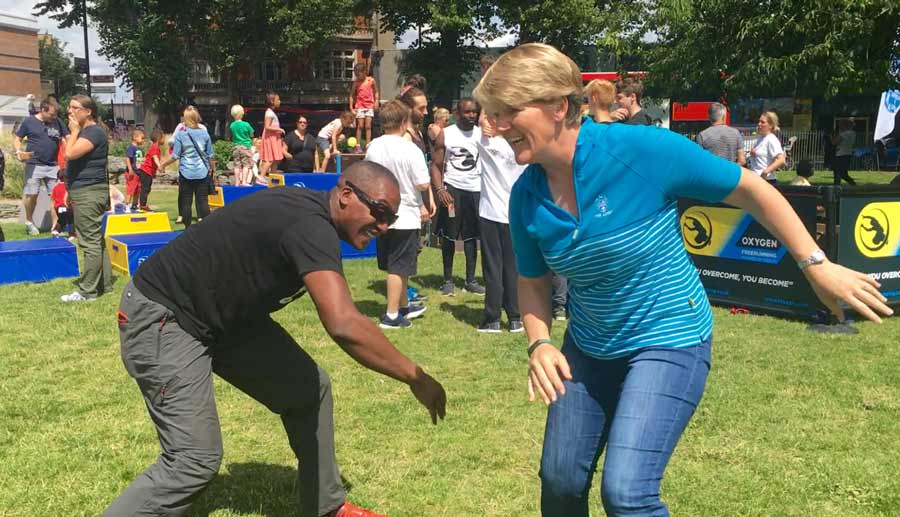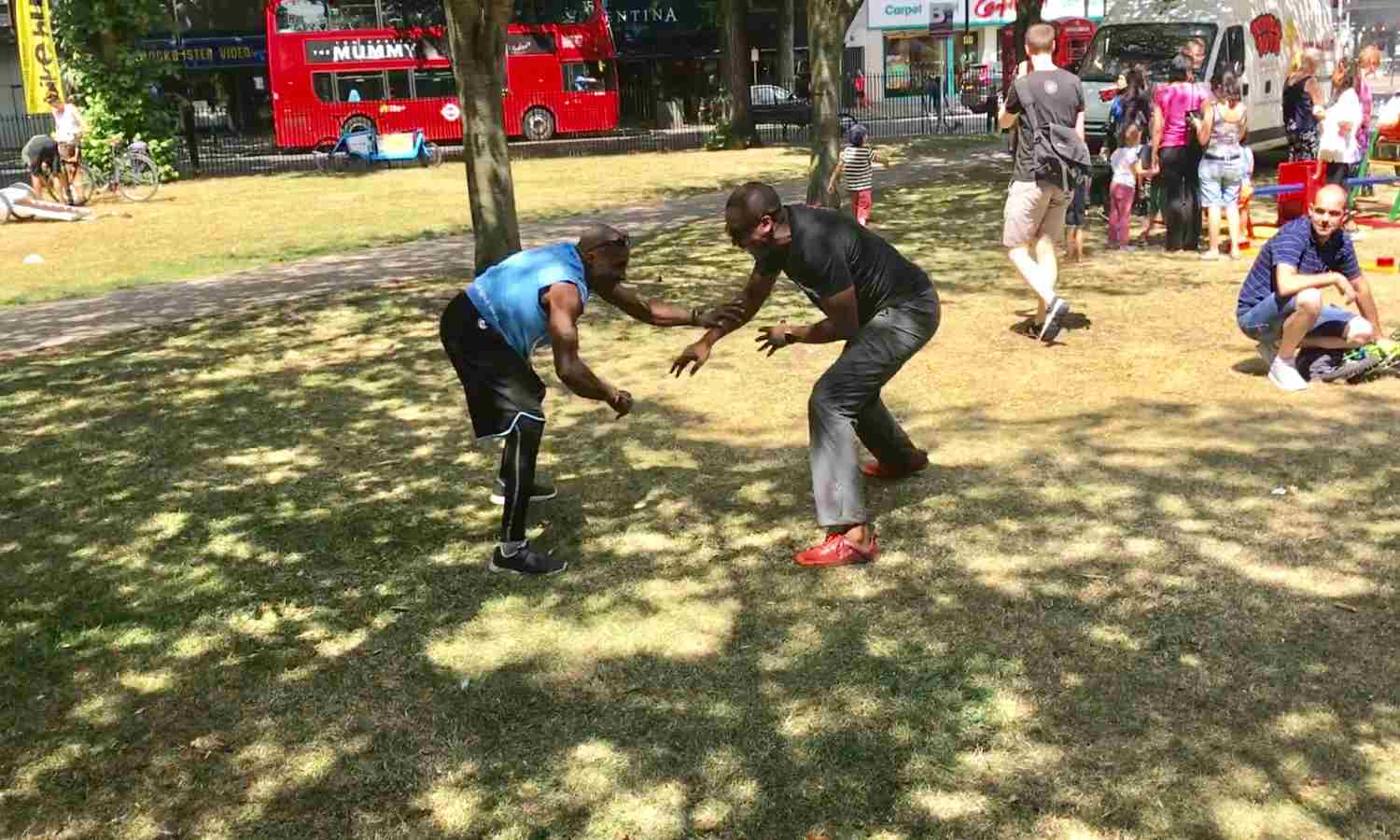The Benefits of Playing Tag for Adults and Children
The Benefits of Tag
““Don’t waste your time chasing things that will never be beneficial to your future.” ”
The Benefits of Tag for Adults and Children
In Spanish, it is often called juego de persecución - the chasing game.
In Jamaica, they call it ketchins - the catching game.
In France, it is often called jeu du loup which translates to 'the wolf game' or t’y es meaning - 'you are it'.
What did you call it? Was it Tig? Tig and Tag? Catch? It? Tiggy? Chase? Dobby? Well, one thing is for sure, wherever you are from Tag is a game that defines childhood and is a universal game played pretty much by everyone, everywhere. Some people even travel thousands of miles to play a game of tag and some individuals make the game last for decades! Even Hollywood is in on the act dramatising it for the 2018 movie Tag. The film Tag is based on the true tale of how Raftis and nine friends devoted each February (over 35 years) to reviving the game of tag they played back at school in imaginative ways.
The True Universal Game
If you spend time on any playground, you will likely see kids chasing each other around, playing a variant of the tag game and of course dogs chase each other all the time, it's the source of so much fun!. An activity that involves chasing someone, making physical contact and shouting: “You’re it!”, might seem archaic but it nevertheless endures as a pastime for children even for those reared on smart device tech.
Why Is Tag So Popular?
The most likely reason why Tag is so popular is that it taps into something primal and fundamental about what makes us human beings. For centuries, children have been chasing each other around on playgrounds, and before that, they merely chased each other around in open spaces. It doesn’t hurt that all you need to play a game of Tag is a few participants and open space – it’s completely free and completely independent of the skill, age or gender of the participants.
RELATED: Try Crab Walk Tag
Playing Primal Play Tag with Sebastien Foucan (of Casino Royale)
Not Just Physical
There are so many physical skills involved in playing tag – skills that children grasp intuitively without any formal instruction. They learn how to control their muscles by accelerating and stopping while sprinting around. They improve their agility, balance, coordination, accuracy and precision as they evade tags. They learn how to pivot, focus and reach. And, yes, they learn the basics of tactics and strategy, as they learn how to evade capture from their rivals or to get tagged again so they can become the chaser if they so choose.
It’s also important to recognise the social benefits of playing tag. It’s a high-intensity activity but one that can lead to laughter and fun. In fact, it’s almost impossible for children to play a good game of tag without laughing, shouting and generally having a good time. You can play with your close friends or with complete strangers.
RELATED: Try Primal Play Tag
Not Just For Kids
In fact, children have so much fun playing tag that it’s easy to assume that it’s just a childhood game. But did you know that there are benefits for adults as well as children?
The most obvious benefit is that Tag is an intense form of cardiovascular exercise. Instead of sprinting on a track or formal course, you are rushing away from danger. Tag encourages you to truly maximise your activity since you are attempting to race away as fast as humanly possible. You also develop better balance and coordination, as you pivot and spin. And since Tag is a game you can play anywhere, it’s something that can be done spontaneously, even when you’re on a budget.
A variant of tag I like to play called Primal Play Tag
requires only two people playing in close quarters.
Tag being banned in Schools?
Given all these benefits of playing Tag for both children and adults, it’s almost inconceivable that people would seek to place any limits on this fun activity. Yet, that’s precisely what’s happening. In 2006, school administrators in cities such as Cheyenne, Boston and Spokane in the US began banning tag at elementary schools, citing “concussions, broken bones and numerous bumps and scrapes” as proof that tag was simply too dangerous for small kids. They also suggested that tag might be bad for the self-esteem of young kids who “lose” at Tag too. In 2017, Tag was banned in a school in California for being too rough.
““Play is under attack in our nation’s schools - and shrinking recess periods are only part of the problem. Homework is increasing. Cities are building new schools without playgrounds. Safety concerns are prompting bans of tag, soccer, and even running on the schoolyard.”
”
But are there actually any “losers” when it comes to playing tag? The obvious answer is that Tag is a classic childhood game that teaches us essential social lessons, as well as helping to develop our athletic and coordination skills. Tag is a social game that can be enjoyed by anyone, anywhere, at any time.
And, even for adults, playing tag can be a great way to get in a full-fledged playout, work off some stress and have a good laugh or two. For all the benefits of playing tag, it’s clear that it’s a timeless game that will continue to be enjoyed by generations of parents and children.
It's one of the games I mandate in my book Animal Moves. Play a game of tag at your earliest opportunity, if you want to try a version that gets you on all fours, quadrupedal movement style, try Bear Crawl Tag!
RELATED POSTS:
Animal Moves Book by Darryl Edwards - available now!










Primal Play Inclusive…